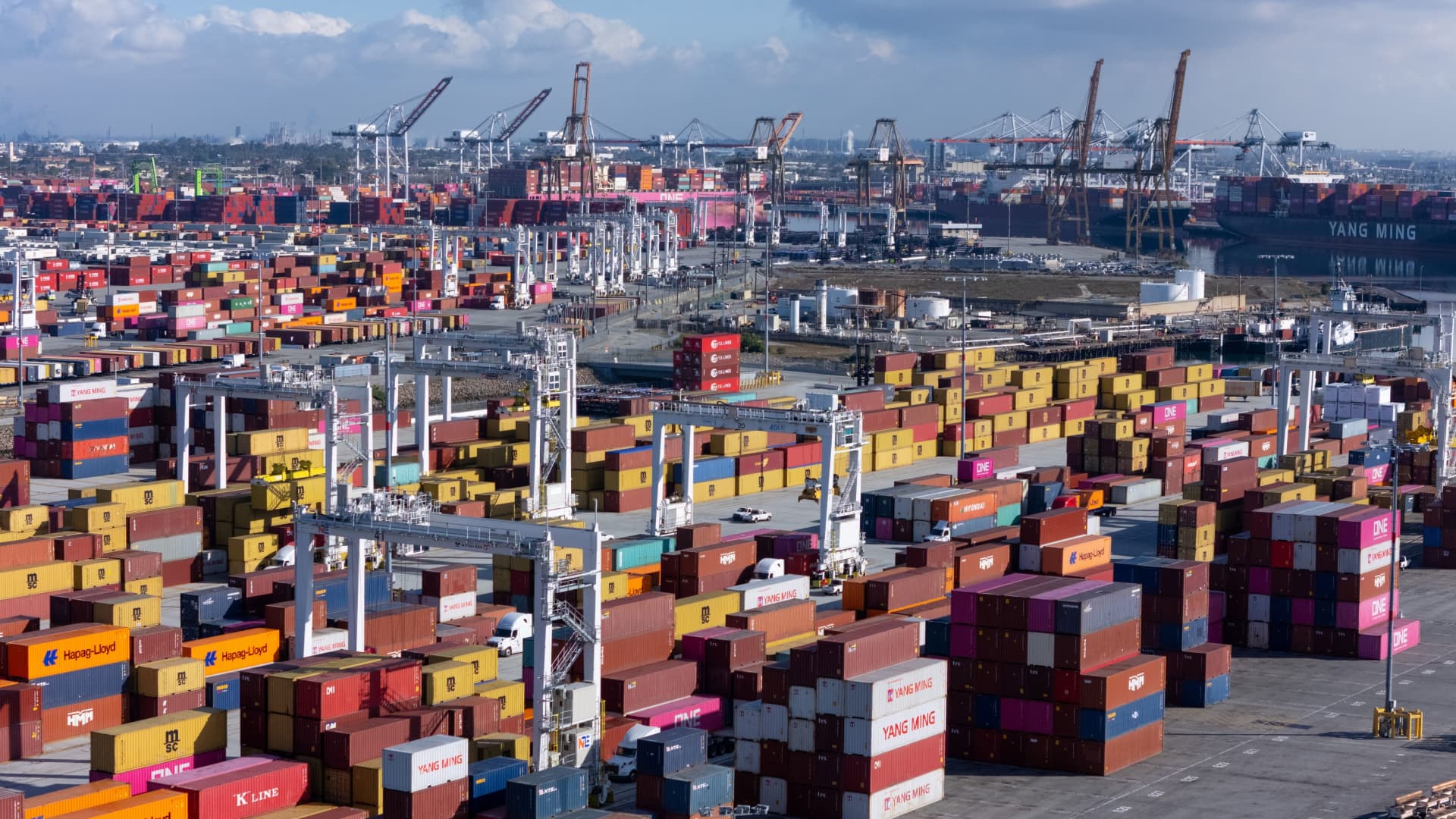Sanctions and Strategies: How India’s Energy Landscape is Shifting in Response to US Pressure on Russia
As the geopolitical landscape continues to evolve, the interplay between energy security and international relations has never been more critical. In recent months, intensified US sanctions on Russia have forced countries around the world, particularly India, to re-evaluate their energy strategies. This shift not only impacts India’s energy supply but could also reshape geopolitical alliances and economic partnerships in the region.
Understanding the Impacts of US Sanctions on Russia
The United States has imposed a series of sanctions on Russia, particularly following its actions in Ukraine. These sanctions aim to limit Russia’s economic capabilities and restrict its access to global markets. For India, which has traditionally relied on Russian energy supplies, this presents a significant challenge.
India has been one of the largest importers of Russian oil and gas. In 2021 alone, India imported approximately 10% of its crude oil from Russia. With US sanctions tightening, the Indian government is now faced with the prospect of losing a critical energy partner. The challenge lies in balancing the need for energy security with the geopolitical pressures exerted by the US.
The Shift in Energy Supply Strategies
In response to these sanctions, India is actively diversifying its energy sources to ensure stability and security in its supply. Here are some key strategies India is implementing:
- Diversifying Oil Imports: India is seeking to reduce its dependency on Russian oil by increasing imports from other countries, particularly the Middle East and the United States. This diversification helps mitigate risks associated with geopolitical tensions.
- Investing in Renewable Energy: India has been ramping up its investments in renewable energy sources, such as solar and wind. By enhancing its renewable energy capacity, India aims to reduce its overall reliance on fossil fuels and improve its energy security.
- Enhancing Domestic Production: Efforts are underway to boost domestic oil production through exploration and production activities. The Indian government has been promoting policies to attract foreign investment in its oil and gas sector.
- Strengthening Energy Partnerships: India is forging new partnerships with countries like the United States, Canada, and Australia. These alliances are not only aimed at securing energy supplies but also at sharing technology and best practices in energy production and sustainability.
Geopolitical Implications of India’s Energy Strategy
The shift in India’s energy strategy has significant geopolitical implications. As India seeks to align itself more closely with the US and its allies, it may lead to a realignment of power dynamics in the region. Here are some potential outcomes:
- Strengthening US-India Relations: By aligning its energy strategies with US policies, India is likely to strengthen its strategic partnership with the United States. This could lead to increased cooperation in other areas, such as defense, technology, and trade.
- Impact on Russia-India Relations: India’s pivot away from Russian energy could strain its longstanding relationship with Russia, which has traditionally been a key ally. While India may continue to engage with Russia in other sectors, energy could become a point of contention.
- Regional Dynamics: India’s shift in energy sourcing can also impact its relationships with neighboring countries. Nations like Iran and Saudi Arabia may view India’s diversification as a threat to their energy exports, potentially leading to increased competition for influence in the region.
Economic Considerations and Future Prospects
As India navigates this complex energy landscape, economic considerations play a pivotal role in shaping its strategies. The rising cost of energy imports, particularly if India shifts to more expensive alternatives, could have implications for its economic growth.
However, the ongoing global transition toward renewable energy presents an opportunity for India to position itself as a leader in this space. By investing in clean energy, India can not only achieve energy independence but also contribute to global sustainability efforts.
Conclusion: A New Energy Paradigm for India
The tightening of US sanctions on Russia has prompted India to rethink its energy strategies, leading to a significant shift in its energy landscape. As India diversifies its energy sources and explores new partnerships, it is also likely to enhance its position on the global stage. This strategic pivot could ultimately foster a more secure and sustainable energy future for India.
In conclusion, while the challenges posed by the sanctions are substantial, they also present an opportunity for India to innovate and lead in the energy sector. By embracing a diversified energy strategy, India can ensure its energy security and play a pivotal role in shaping the geopolitical landscape of the region.
See more CCTV News Daily



